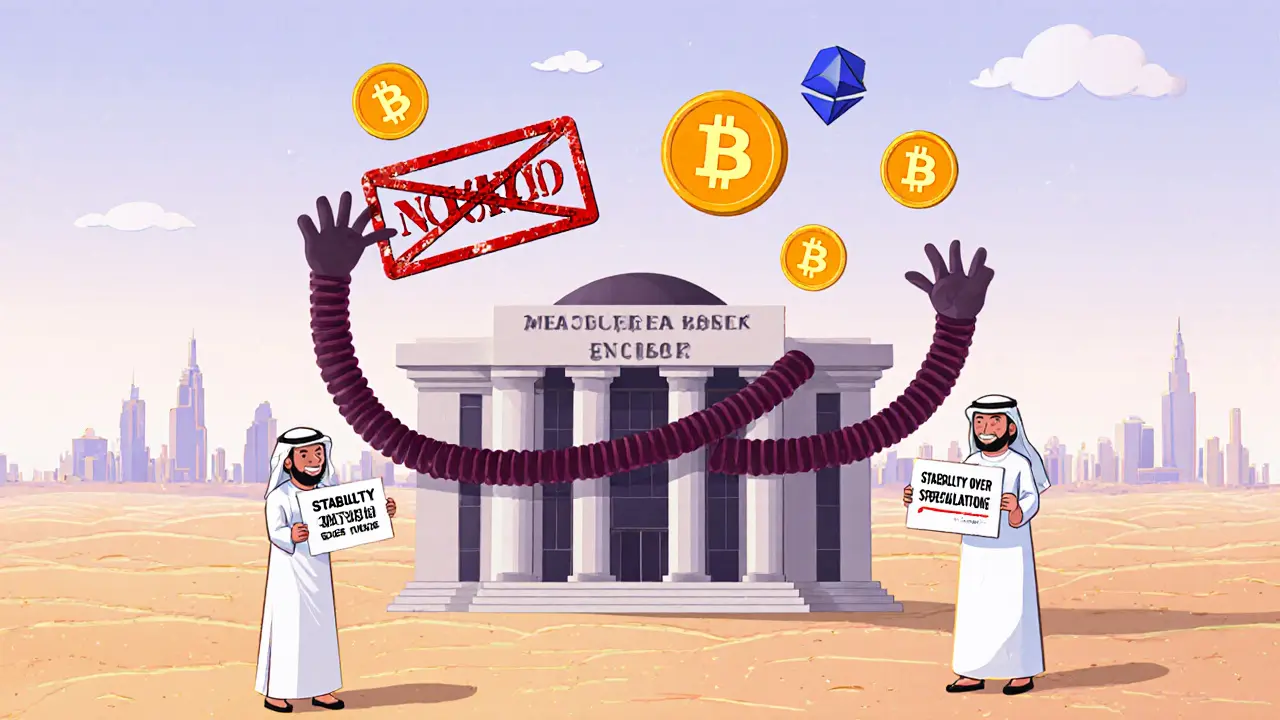GCC Crypto Regulations: What You Need to Know About Crypto Rules in the Gulf
When it comes to GCC crypto regulations, the collective cryptocurrency policies of the Gulf Cooperation Council nations. Also known as Gulf crypto laws, it includes countries like Saudi Arabia, UAE, Qatar, Kuwait, Bahrain, and Oman. There’s no single rule for the whole region—each country writes its own playbook. Some treat crypto like cash. Others treat it like a threat. And a few are quietly building the infrastructure to make it mainstream.
Take the UAE, a major hub for crypto businesses in the Middle East. It’s one of the few places in the GCC where you can legally trade, hold, and even pay with crypto. The Dubai Virtual Assets Regulatory Authority (VARA) licenses exchanges, and Abu Dhabi has its own framework. Meanwhile, Saudi Arabia, a country with massive financial resources and a clear digital transformation plan, has moved from outright bans to cautious openness. Crypto trading is still restricted for individuals, but institutions can operate under strict supervision. And while Qatar, a financial center with strong ties to global markets, hasn’t legalized crypto trading, it’s exploring blockchain for government services and central bank digital currency pilots.
What’s missing? Clear rules on taxes. Unlike the U.S. or EU, most GCC countries don’t have official crypto tax guidelines. That doesn’t mean you’re off the hook—tax authorities are watching. Some banks in the region still block crypto-to-fiat deposits, and exchanges operating locally must comply with strict AML rules. The FATF greylist, a global watchlist for countries with weak anti-money laundering controls, looms over the region too. If a country gets flagged, local exchanges have to shut down access to users from those places.
You won’t find any official crypto airdrops backed by GCC governments. But you will find plenty of scams pretending to be. The region’s regulators have issued warnings about fake tokens, phishing sites, and unlicensed platforms. If a platform claims to be "licensed in Dubai" but can’t show a VARA license number, walk away. And don’t assume that because crypto is legal somewhere in the GCC, it’s legal everywhere. What works in Bahrain might get your account frozen in Kuwait.
What’s ahead? More clarity—and more enforcement. Countries are moving fast to catch up with global trends. Some are testing blockchain for land registries. Others are looking at crypto as a way to attract foreign investment. But until you know the exact rules where you live, treat every crypto move like a legal gamble. The posts below break down exactly how each GCC country handles crypto right now: who’s blocking it, who’s allowing it, who’s taxing it, and who’s just pretending to care.
Qatar bans all institutional cryptocurrency activity for banks and financial firms, but allows tokenized securities under strict oversight. Learn how this unique regulatory model compares to the rest of the GCC in 2025.
